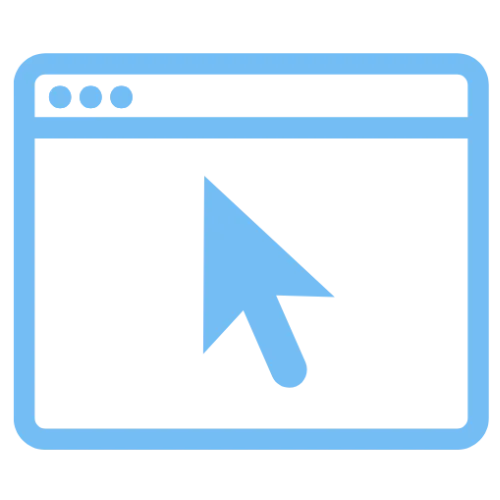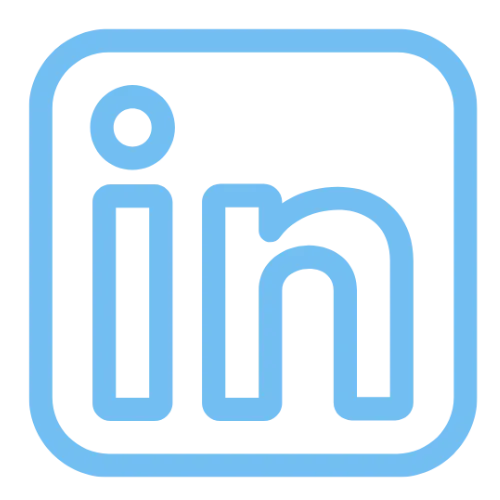
Navigating Professional Challenges: A Comprehensive Guide to Managing Holiday Workplace Stress
The holiday season represents a unique crucible of professional and personal challenges, a time when career trajectories can be significantly influenced by how individuals manage stress, maintain productivity, and demonstrate emotional intelligence. For professionals committed to continuous growth and strategic career development, understanding and mastering the complex dynamics of end-of-year workplace stress is not just a survival skill—it's a critical opportunity for differentiation and advancement.
The Landscape of Holiday Workplace Stress
Modern workplace research reveals a startling reality: approximately 70% of employees experience significantly elevated stress levels during the holiday season. This isn't merely about managing additional personal commitments or navigating family gatherings—it's a multifaceted challenge that intersects professional performance, emotional resilience, and personal well-being.
The sources of holiday stress are both external and internal. External pressures include end-of-year project deadlines, performance evaluations, complex family logistics, and social expectations. Internal challenges emerge from personal expectations, career anxiety, and the psychological weight of reflecting on another year's professional journey. Seasonal affective disorder compounds these challenges, potentially introducing additional layers of emotional complexity through reduced energy, mild depressive symptoms, and decreased motivation.
Strategic Self-Management: A Holistic Approach
Effective holiday stress management begins with a comprehensive understanding of oneself as a professional entity. This means developing a nuanced approach that goes beyond traditional stress-reduction techniques and instead focuses on strategic personal development.
Time management becomes an art form during this period. Professionals must learn to create flexible yet structured schedules that accommodate both professional responsibilities and personal needs. This isn't about working harder, but working more intelligently. By implementing intentional time-blocking strategies, individuals can create psychological space that allows for both productivity and recovery.
Emotional intelligence emerges as a critical differentiator during high-stress periods. Professionals who can maintain composure, communicate effectively, and manage their emotional responses create significant competitive advantages. This involves developing a practice of mindful awareness—understanding one's emotional triggers, recognizing stress responses, and implementing deliberate strategies for emotional regulation.
Communication as a Professional Skill
One of the most powerful tools in managing holiday workplace stress is strategic communication. This goes far beyond simple task updates or project discussions. It involves creating transparent, honest dialogues with managers and colleagues about capacity, challenges, and potential support mechanisms.
Effective communication during the holiday season requires vulnerability balanced with professionalism. It means being willing to have honest conversations about workload, potential scheduling challenges, and personal limitations. However, these conversations should always be framed constructively—not as complaints, but as proactive problem-solving discussions.
For instance, instead of simply stating that you're overwhelmed, a strategic approach might involve presenting a detailed assessment of current projects, potential bottlenecks, and proposed solutions. This demonstrates not just the challenge, but your commitment to finding resolutions and maintaining high professional standards.
Transforming Stress into Professional Development
The most successful professionals view high-stress periods not as obstacles, but as opportunities for growth and differentiation. Each challenge presents a chance to demonstrate adaptability, resilience, and strategic thinking—qualities that are highly valued in any professional environment.
This perspective requires a fundamental reframing of stress. Rather than seeing it as a negative experience to be avoided, view it as a developmental experience that offers unique insights into your professional capabilities. Each stressful interaction becomes a case study in emotional intelligence, each challenging deadline an opportunity to showcase your problem-solving skills.
Practical Strategies for Holistic Professional Well-being
Maintaining physical and mental well-being is not separate from professional performance—it is integral to it. During the holiday season, this means implementing comprehensive self-care strategies that address multiple dimensions of personal health.
Physical practices like consistent exercise, adequate sleep, and mindful nutrition directly impact cognitive function and emotional resilience. These aren't luxuries but essential investments in your professional capacity. Similarly, mental health practices such as meditation, journaling, and deliberate stress-reduction techniques provide the psychological infrastructure needed to navigate complex professional landscapes.
The Bigger Career Perspective
It's crucial to understand that how you manage the holiday season is often a microcosm of your broader professional approach. Employers and leadership teams are constantly observing how professionals handle pressure, maintain performance, and support team dynamics during challenging periods.
This doesn't mean presenting a facade of perfection. Instead, it's about demonstrating authentic, strategic resilience. Show that you can be vulnerable while remaining competent, that you can acknowledge challenges while consistently moving toward solutions.
A Framework for Intentional Professional Growth
As you approach the holiday season, consider developing a personalized framework for professional navigation. This involves:
Creating a comprehensive assessment of your current professional landscape
Identifying potential stress triggers and developing proactive mitigation strategies
Establishing clear, flexible boundaries between professional and personal commitments
Implementing deliberate self-care and stress-reduction practices
Maintaining a growth-oriented perspective that views challenges as developmental opportunities
Conclusion: Your Professional Narrative
The holiday season is more than a temporal marker—it's a critical chapter in your ongoing professional narrative. How you choose to engage with its challenges will significantly influence your career trajectory.
Approach this period with intentionality, self-compassion, and a strategic mindset. View each interaction, each challenge, as a nuanced opportunity for growth. Remember that your response to stress is far more important than the stress itself.
Your professional journey is not defined by avoiding challenges, but by how you navigate them with grace, intelligence, and unwavering commitment to your continuous development.
At CoreTactic, we coach the best and brightest on their journey towards meaningful and fulfilling careers and business goals. Transition your career, start a new business, find fulfillment, and get ahead with a professional coach. Maybe now is the time to change jobs, let's start by ordering you a new resume.








